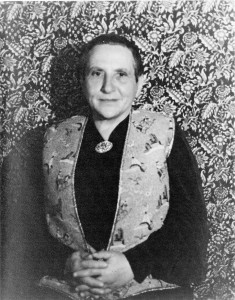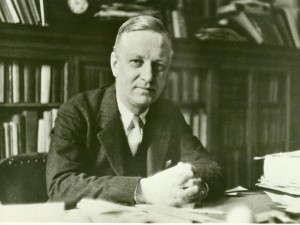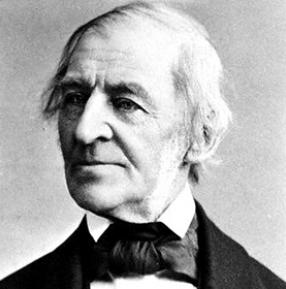 To Horace Meyer Kallen
To Horace Meyer Kallen
Colonial Club
Cambridge, Massachusetts. December 10, 1908
Perhaps when you get this you will already have left Oxford, unless you are staying there during the holiday’s to work on your thesis. The excitements of term-time will probaby have left you little freedom of mind to plod contentedly at an appointed task—and yet those are our happiest days. Jours de travail, [illegible ] says Musset, seuls jours où j’ai vécu. —I am a little sorry, though not surprised, that your impressions of Oxford are so censorious. It is getting to seem as if no one liked Oxford except me—and I don’t. You talk as if you had expected to find free learning and philosophy there. You forget that it is a Christian place, founded by pious Queens and Bishops to save their own souls and those of other people. The quality of the salvation required has changed somewhat in five hundred years, but the tradition has not been broken, and the place is still scholastic on principle. They assume that they have long since possessed the Truth and the Way. Now, that may be an illusion; but what makes Oxford the best, if not the only, place in which an ideal of education can be acquired, is that, if we don’t possess the Truth and the Way, we need to possess them. Until we do, and become ourselves what Oxford thinks it is, we can have no peace, no balance, no tradition, and no culture. It is inevitable, I know, and it is right, to be impatient at a premature or too narrow harmony: but how much more horrible is the disease we suffer from in America where the very idea of harmony and discipline are lost, and every ideal is discredited a priori!
From The Letters of George Santayana: Book One, [1868]-1909. Cambridge, MA: The MIT Press, 2001.
Location of manuscript: American Jewish Archives, Hebrew Union College-Jewish Institute of Religion, Cincinnati OH





